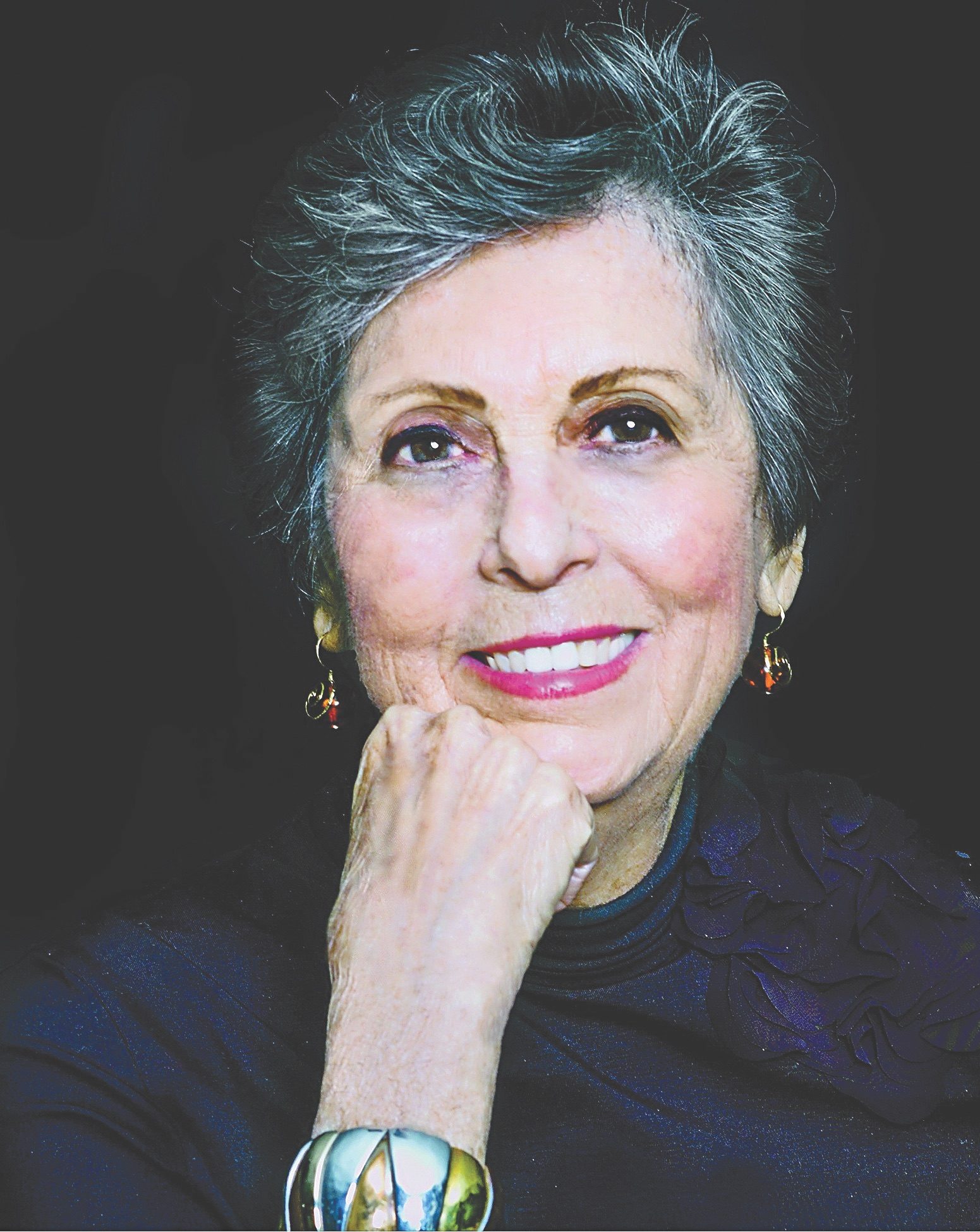 Photo by Joan Roth
Photo by Joan Roth Francine Klagsbrun is a prolific author and columnist who has written more than a dozen books on topics ranging from Shabbat to marriage. Her most recent work, “Lioness: Golda Meir and the Nation of Israel,” is her most ambitious. The book’s 800-plus pages reflect the many years Klagsbrun spent researching the State of Israel’s first and only female prime minister, whom she depicts as both tough and tender. “She was unyielding in defending her nation, a formidable foe to anyone out to harm her people,” Klagsbrun writes. “She was also everyone’s loving grandmother.”
The book is an audacious attempt to reclaim Meir’s legacy from the stain of the Yom Kippur War and present her as one of Israel’s most accomplished and competent leaders. It was recently named Book of the Year at the National Jewish Book Awards.
Jewish Journal: Why did you choose “lioness” to describe Golda Meir?
Francine Klagsbrun: As a feminist, I don’t ordinarily use the diminutive, so I really struggled with that. But I think she’s so encapsulated by the idea of a female lion who protects her cubs. If anyone gets near her cubs and tries to hurt them, she’ll rip them to pieces. And that was Golda, protecting that country.
JJ: She remains the only female prime minister in Israel’s history. Do you attribute her emergence to that office to Israel’s progressivism or to her exceptional gifts?
FK: Israel was somewhat progressive, but not that much. Women served in the army, but many women felt and still feel that there is great sexism in the army. Women in the army did not get the positions men did. Golda made herself indispensable. She really worked her way up into the society of men. She was a smart woman and she was very competent. She would have gotten ahead no matter what.
JJ: And yet, she didn’t consider herself a feminist. In fact, she was quite dismissive of the feminist movement.
FK: Golda viewed everything within the socialist sphere — everything was “we.” She was not concerned about the individual or individual human rights, but for society as a whole. I think she saw feminism as another movement for an individual group when she was looking out for all of society.
JJ: You write about her very modest roots, having grown up the daughter of a carpenter. How did that early experience of penury shape her?
FK: Socialism was so much a part of her. She truly cared about the poorest people. And she never got corrupted. All those early Israeli leaders lived very modestly — Ben-Gurion, Levi Eshkol. They were not out to become rich. They were out to create a state that provided for everybody. A shop owner told me Golda once saw a red dress in the window, and she liked this red dress but she wouldn’t buy it unless he lowered the price. She believed in her parents’ values, which is that money is not what is important in life, it’s how you live and what you do.
JJ: Golda remains beloved by American Jews, but the Yom Kippur War really tarnished her legacy in Israel, since more soldiers were killed in that war than any other. How did she fail?
FK: Her failing was that she didn’t listen to her own instincts. She depended too much on her generals. Now the question would be, would any other leader have done differently? Would a male leader say, “To hell with my generals, I’m going to follow my instincts”? I doubt it.
JJ: Golda is often quoted for denying the existence of the Palestinians. Why would she have said that?
FK: At that time, there was no Palestinian national movement. When Golda and other Jews first came to Palestine, they were called Palestinians. Her passport called her Palestinian. That is how it was at the beginning. [The people we think of today as Palestinian], back then they called them Arabs.
JJ: How do you think she’d handle the conflict if she were alive today?
FK: It probably would have taken her some time, but I think she was pragmatic enough and understanding enough that she would have tried to make peace with the Palestinians. I don’t think she would approve of a lot of what [Israeli Prime Minister Benjamin] Netanyahu does.
JJ: What’s the biggest misconception about her?
FK: [laughs] That she was a man and not a woman. You know there’s that famous line that Ben-Gurion said: “She’s the only man in the cabinet.” And she was masculine in some ways, but she cared about feminine things. According to people I spoke with, she would do a lot of her best thinking as she brushed her hair.
JJ: Describe her relationship to Judaism.
FK: Golda was a secular Jew. She was not religious, but she was traditional. She was once asked, “Do you believe in God?” And she said, “I don’t believe in God — I believe in the people who believe in God.” She believed in the Jews. She loved the Jews.






















 More news and opinions than at a Shabbat dinner, right in your inbox.
More news and opinions than at a Shabbat dinner, right in your inbox.